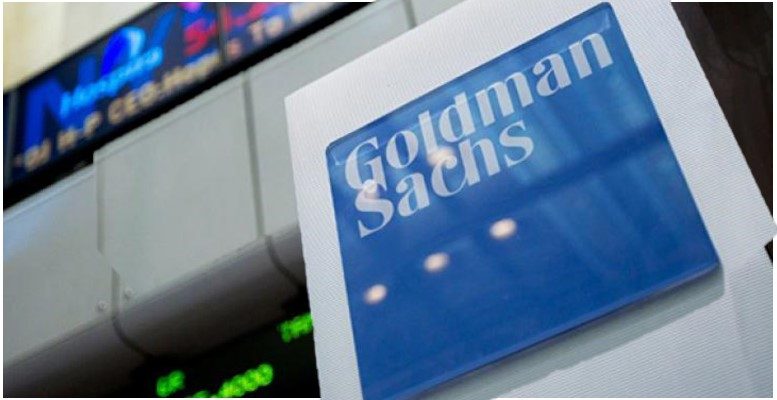Marcus, Goldman Sachs’s retail digital bank, opened officially in the UK on 27 September. It is an interesting initiative on many levels: an investment bank which enters the retail sector and a new participant in a mature market. But for the established names, however, “it marks the beginning of something that could cause significant disruption of prices, at a time when the net interest margin on average total assets remains under strong pressure,” analysts at Santander explain.
Marcus is offering an online savings product with instant access with an interest rate of 1.5% (1.35% + 0.15% premium after 12 months). This represents an unprecedented competitive advantage in its category. According to the experts at Santander:
No established bank offers more than 60 basis points, and not even the best offer of the smallest operators reaches 1.37%. Based on Bank of England data, the average interest rates on sight deposits in July was 0.43%.
Sight deposits represent 55% of all the deposits of private individuals. Taking into account the recent increases in interest rates, the amount charged has been an important point of analysis for the forecast of the net interest margin on average total assets of the banks, and the appearance of an element that disrupts the prices evidently adds another negative factor.
Evolution of the banks in the UK up until now. Looking again at the provisional results of British banks, Santander observe that Lloyds was the only UK bank which registered an improvement in the net interest margin on average total assets and an increase in its net interest margin.
It is certain that the inclusion of credit card business MBNA contributed to this, but we estimate that even without it, Lloyds’ net financial margin increased, while the other entities’ decreased.





